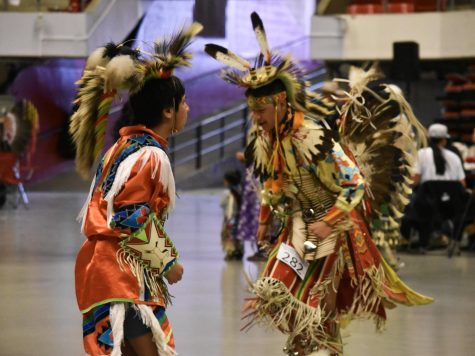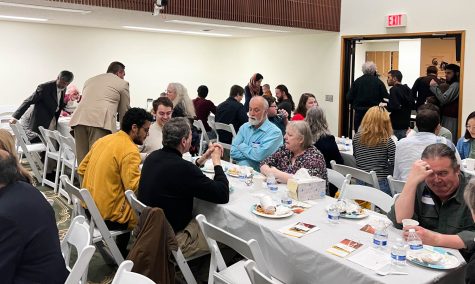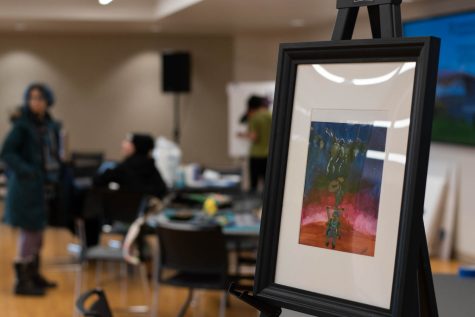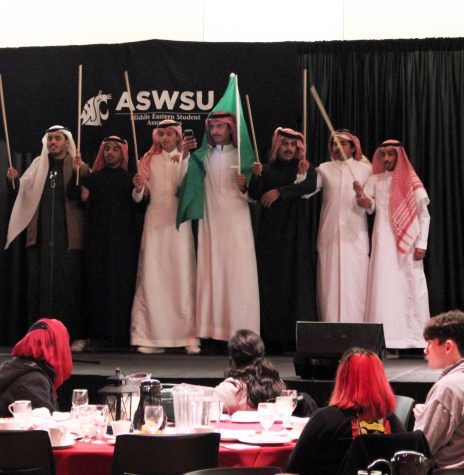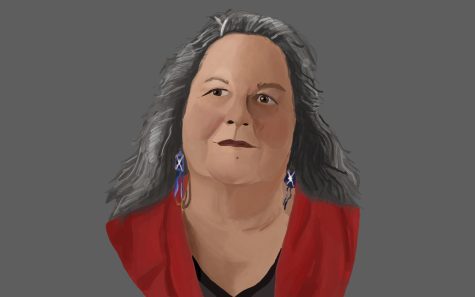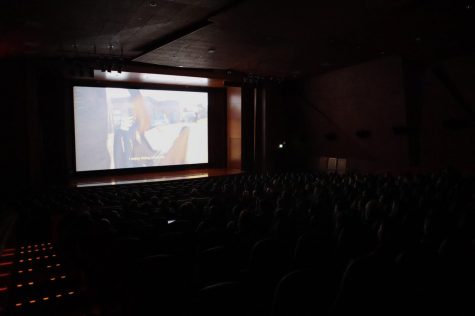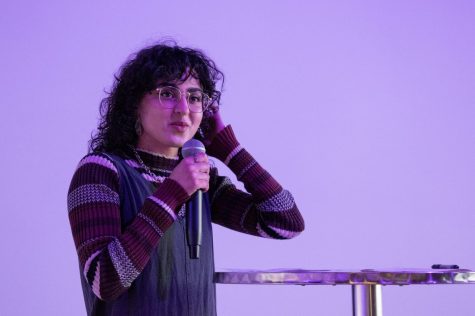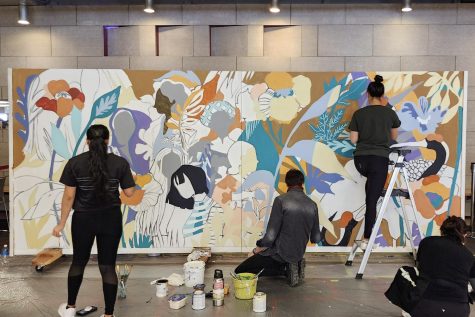Literature vs. its adaptations
April 12, 2017
The endless debate that permeates society to this day: whether or not the book was better than the movie.
Many of today’s most popular films have come from literature. The adaptation of the popular “Harry Potter” series has been criticized and discussed relentlessly, regarding whether the films held true to the novels. Other films have been only inspired by literature, rather than a complete adaptation, such as “The Lion King” a classic children’s animated movie based loosely on Shakespeare’s “Hamlet.”
Comparing movies to their preceding books has been a common discussion since the film industry boomed. The WSU English Club is providing a place for students and faculty to have this conversation tonight with their event titled “The Book Was Better.”
Senior English major Holly Matteson, president of the WSU English Club, said “The Book Was Better” was originally her idea. The inspiration for the event came when the film “Pride and Prejudice and Zombies” hit the theaters in 2016.
“We started thinking about the idea of adaptations, and how when people leave movie theaters they commonly say ‘well, the book was better,’ ” Matteson said. “We wanted to challenge that and have a discussion about is the book really better, or is the slightly skewed-down version with the visual and musical aspect better?”
Three WSU English department faculty members will make up the panel of literature and film experts at the event.
Donna Potts, professor and English Club faculty member, will discuss Colm Tóibín’s book, “Brooklyn” and its film adaptation, which she has taught in classes before.
“I enjoyed the talk last year because it’s so interesting to see the variety of approaches that the panelists could take,” Potts said. “I think it’s important to talk about the strengths and weaknesses that come with literature.”
Todd Butler, associate professor and English department chair will discuss different adaptations of many of Shakespeare’s works. He will focus on how important it is to have a visual aspect when it comes to works originally written in play format.
“This kind of conversation reminds us that books and literature are not dead things,” Butler said, “but living parts of culture that we can be really excited and passionate about and get to argue about.”
Assistant English professor Ashley Boyd will discuss young adult literature, specifically John Green’s novel “Paper Towns,” and how messages change from novel to film adaptations.
“Adaptations of young adult literature are becoming more popular ever since the original boom with ‘The Hunger Games,’ ” Boyd said. “I think this kind of conversation is a really good space to think more about books and films and the messages behind them.”
Matteson believes this kind of conversation is important because it helps connect literature to something this generation can identify with.
“We’re trying to bring light to the idea that movies and pop culture are based a lot off of these books, instead of viewing English and literature as boring or unappealing,” Matteson said. “We’re trying to be able to make the connection between pop culture and literature.”
The WSU English Club will host its second annual “The Book Was Better” event at 6 p.m. tonight in the Bundy Room in Avery Hall. Admission is free.
“We’ll be having the kind of argument that you also have at eleven o’clock at night with your best friend saying, ‘How could you think that? That movie was terrible!’ ” Butler said.











